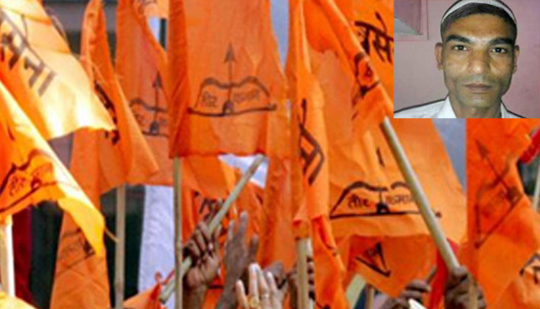Muzaffarnagar, Apr 20: A Shiv Sena leader from communally sensitive Muzaffarnagar district, who once had pledged to eliminate Islam from India, has now relinquished Hindutva and embraced Islam.

Sushil Kumar Jain, a resident of Khatauli in Muzaffarnagar, was the former district-unit president of Shiv Sena said the reason for the conversion was his search for inner peace.
After embracing Islam, he changed his name as Mohammad Abdul Samad, according to reports published in local media.
Media reports also suggested that Jain too this decision following disappointment with the Jain community, municipal corporation, and work culture of revenue department.
He informed media that he decided to accept the religion of peace on February 15 by his own choice and not under any pressure.
The Shiv Sena leader, however, made the news public on the occasion of Mahavir Jayanti on Tuesday. The news has created flutters in Khatauli town, Muzaffarnagar district.





Comments
Allhamdulillah May allah guide us & die in state of Imaan
you should be cautious of these people and make sure they do not indulge in terrorism and bring bad name to islam
Hahaha. this is an interesting story.
This man is heavily paid either by MIM leader Owaisi or Zakir Naik..
Pagination
Add new comment